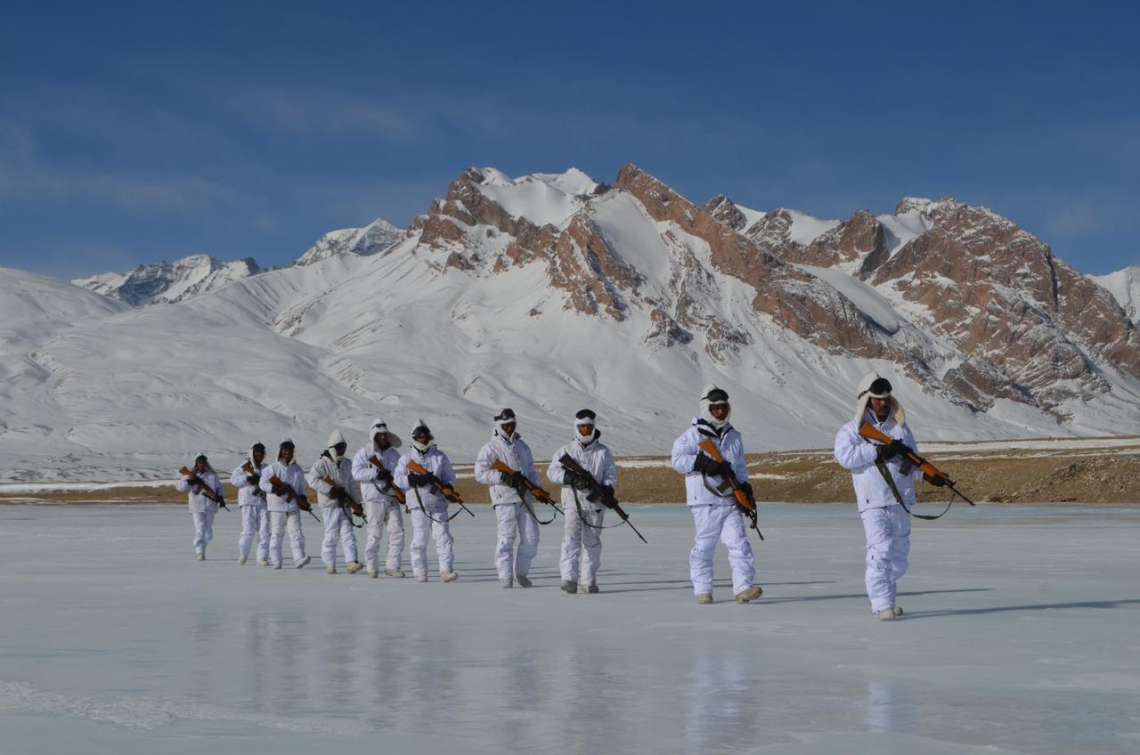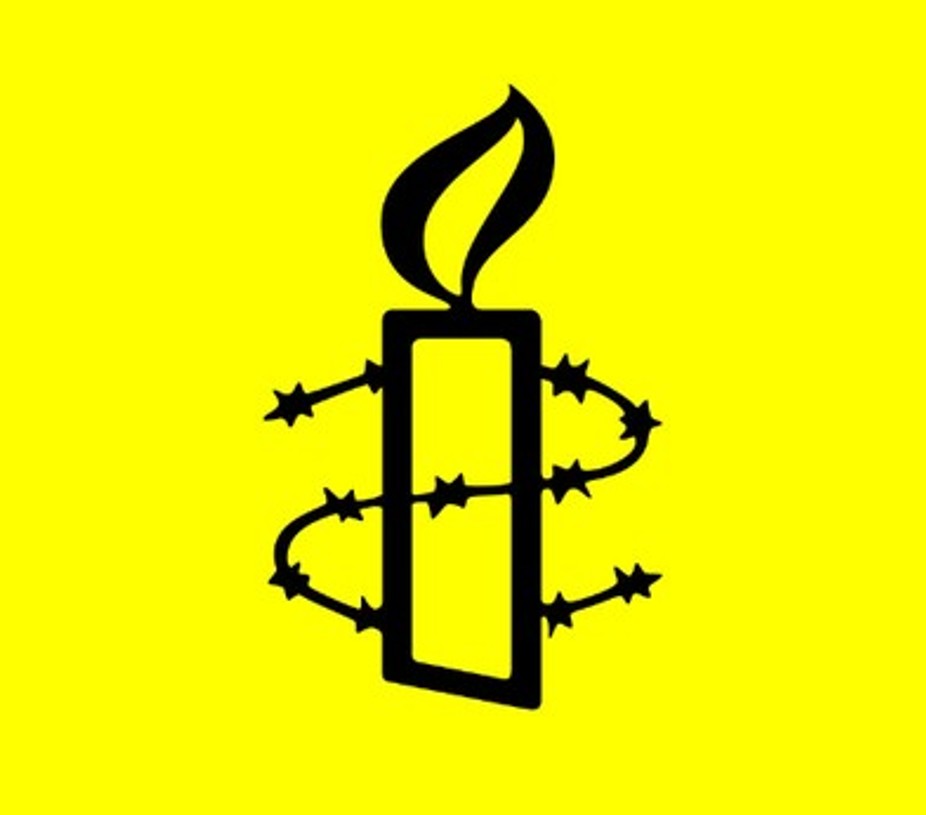Eleven countries, including China, Japan, North Korea, Tajikistan, Bhutan, Brunei and Malaysia, saw their hottest July in at least 50 years.
The world just experienced its third-hottest July on record, ending a run of record-breaking monthly temperatures, but extreme weather driven by climate change continued to devastate communities across multiple continents, the EU’s Copernicus Climate Change Service said Thursday.
The agency reported that last month’s average global temperature was 1.25 degrees Celsius above the pre-industrial benchmark of 1850–1900, slightly lower than the records set in 2023 and 2024 but still well above the long-term average. Both of those years exceeded 1.5C of warming, the Paris Agreement’s threshold for limiting dangerous climate impacts.
Copernicus Director Carlo Buontempo said the dip did not signal a slowdown in climate change. “We continue to witness the effects of a warming world,” he warned, citing July’s extreme heatwaves, catastrophic floods, and destructive wildfires. In the Gulf, Iraq and — for the first time — Turkiye, temperatures exceeded 50C. Torrential rains killed hundreds in China and Pakistan, while Spain attributed more than a thousand deaths to the month’s heat. Canada, Scotland and Greece battled wildfires intensified by drought, and in Europe, Nordic countries recorded unprecedented stretches of hot days, with Finland experiencing more than 20 days above 30C.
Eleven countries, including China, Japan, North Korea, Tajikistan, Bhutan, Brunei and Malaysia, saw their hottest July in at least 50 years. More than half of Europe and the Mediterranean basin endured the worst drought conditions for the month since monitoring began in 2012. In contrast, parts of North and South America, India, Australia, Africa and Antarctica saw below-average temperatures.
Sea surface temperatures in July ranked as the third-highest on record, with several local records broken, including in the Norwegian Sea, parts of the North Sea, and the North Atlantic west of France and Britain. Arctic sea ice was 10 percent below average, tied for the second-lowest July extent in 47 years of satellite monitoring. Antarctic sea ice recorded its third-lowest July extent. Scientists warn that melting ice does not raise sea levels but removes reflective surfaces, replacing them with darker ocean water that absorbs more heat, accelerating warming.
Piers Forster, director of the Priestley Centre for Climate Futures at the University of Leeds, said human activities, mainly the burning of fossil fuels, are warming the planet at an unprecedented rate. He noted that recent temperature highs were amplified by El Niño and volcanic activity, and that while such natural variations are now fading, the respite will be temporary, with records likely to fall again soon.
The World Meteorological Organization (WMO) also issued a bulletin Thursday warning of ongoing extreme heat’s toll on millions worldwide, compounded by wildfires and deteriorating air quality. WMO data show increasingly frequent global heatwaves and record temperatures across many regions. In July, heatwave conditions gripped Sweden and Finland, with southeast Europe also facing extreme heat and wildfire outbreaks.
Maximum temperatures exceeded 42C in parts of West Asia, southern Central Asia, most of North Africa, southern Pakistan and the southwestern United States, with some areas surpassing 45C. Southwestern Iran and eastern Iraq experienced temperatures above 50C, disrupting electricity, water supplies, education and labour. The WMO said heatwaves in these regions are expected to persist into the coming week.
Omar Baddour, WMO’s chief of climate monitoring, cautioned that summer’s combination of intense near-surface heat and colder air aloft can trigger extreme rainfall and flash floods in mountainous areas, compounding risks to lives and livelihoods. WMO highlighted recent heat-driven wildfires in Cyprus, Greece and Turkey that forced evacuations and caused deaths, while hundreds of blazes in Canada in late July and early August worsened air quality across Canadian provinces and parts of the United States.
The organisation stressed the urgency of strengthening heat early warning systems and expanding heat-health action plans. It said it is working with partners globally to improve preparedness as climate change makes extreme weather more severe and more frequent.














